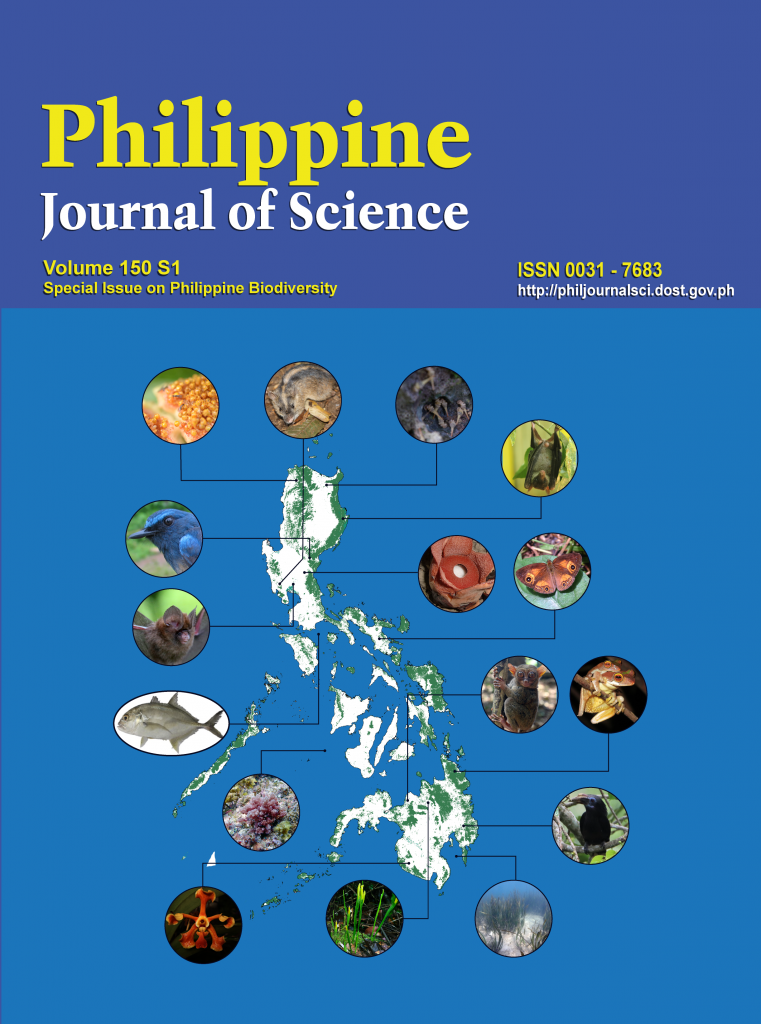Isabella Pauline Lopez Quijano

The continuing pressure on the natural environment exerted by human activities such as land
conversion has been threatening to drive tens of thousands of species to extinction globally for
decades. Species conservation requires identifying species ranges impacted by threats, which
helps predict localized extirpations and potential extinctions. This paper assessed the human
pressures that threaten the local biodiversity in Cebu Island, Philippines, to help prioritize
actions to manage and mitigate human impacts on local biodiversity. Hotspots, where modeled
dendroflora species richness is compromised, were identified through a spatial overlay of
pre-defined high-resolution human pressure variables. A notable observation was that the
largest and only protected KBA – the Central Cebu Protected Landscape (CCPL) – had the
highest percentage occurrence of medium to high threats within its boundaries, which could
be attributed to its proximity to highly populated municipalities and cities. More importantly,
possible areas of refuge for key species were identified. These areas could be appropriated as
local restoration sites by the local government units of Mt. Lanaya and Nugas forest in the
south of Cebu since these KBAs had high dendroflora richness but with less occurrence of high
threats. The resulting maps could also be used as important references for targeted conservation
management programs to help mitigate the threats that are driving local species to their decline
and for preemptive planning of local and national conservation agenda.
Keywords
biodiversity conservation, GIS, human pressures, species richness, weighted overlay
Link to the Article